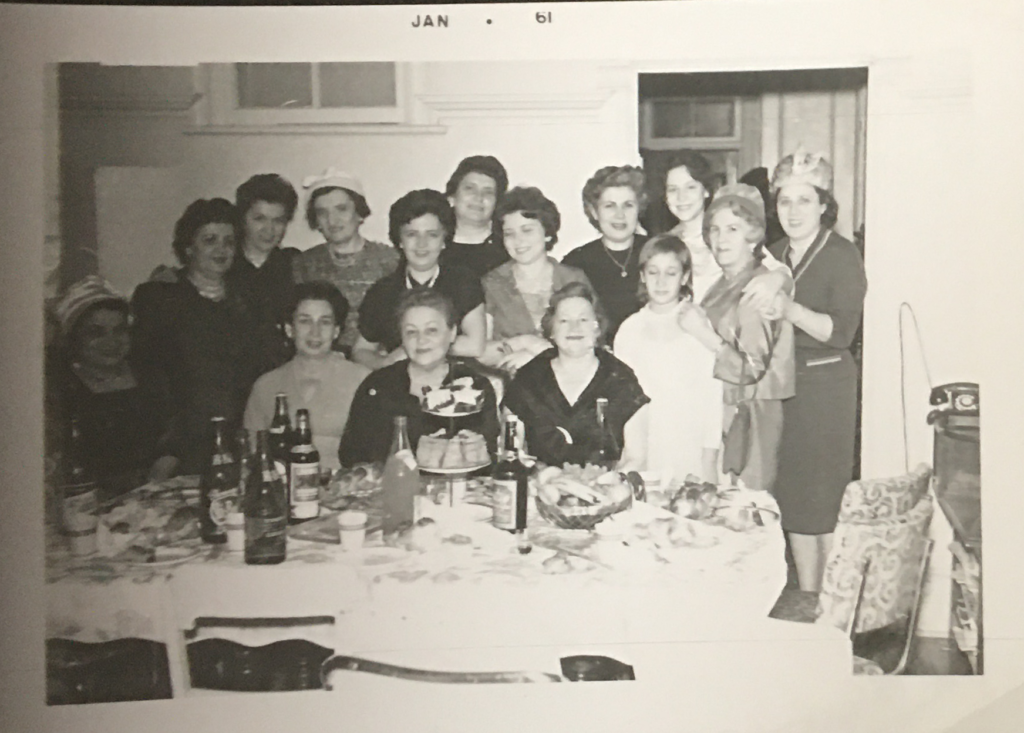January 27 marks International Holocaust Remembrance Day, a solemn occasion designated by the United Nations General Assembly on November 1, 2005. This global memorial day serves to honour the victims of the Holocaust, particularly highlighting the liberation of Auschwitz’s concentration camp by the Soviet Army in 1945.
A Personal Connection
The significance of January 27 is deeply personal for me, as both of my parents lived through the Nazi period in Hungary. Tragically, three of my grandparents, along with uncles, aunts, and cousins, fell victim to Auschwitz. The Holocaust, or Shoah, became an early and poignant awareness in my life, prompting continuous struggles to comprehend the profound impact of this historical atrocity.
Family History and Immigration
My family’s narrative differs from some, as there were no secrets about the war. Born in Hungary after the conflict, my sister Anita and I grew up in Montreal after our parents and uncle fled Communist Hungary in 1949, seeking refuge. Montreal in 1951 was home to a sizable community of Hungarian-speaking survivors who, as immigrants, utilized Jewish community resources to rebuild their lives through hard work and skill.
Echoes of the Past
Childhood involved both parents working, and in first grade, I had a teenager paid by my mother to accompany me to school. The echoes of the Holocaust reverberated through our close-knit community in Montreal, where surviving relatives openly shared their wartime experiences during gatherings on weekends and holidays—the questions of why, who, and how lingered inescapably.
Continuing Struggles and Reflections
My quest and struggles persist to this day. Retired as a psychotherapist, I’ve come to understand that none of us evade the enduring impact of our family history. Whether grappling with the aftermath of slavery, residential schools, oppressive governments in Africa or the Middle East, or the enduring effects of poverty, we all contend with the legacies passed down through generations.
Collective Responsibility
Yet, we are also integral to our contemporary local and global communities. International Holocaust Remembrance Day assumes particular significance by providing an opportunity for governments and institutions worldwide to reflect on the choices that facilitated the unfolding of this genocide. It prompts a collective commitment to remember and honour the victims and undertake educational initiatives to address the root causes of hatred, with the ultimate goal of preventing future atrocities.



